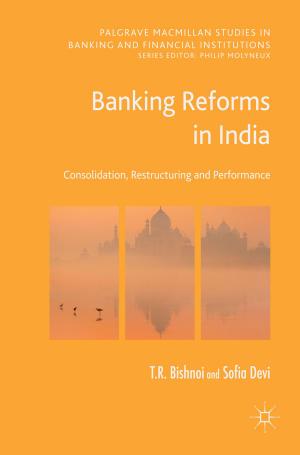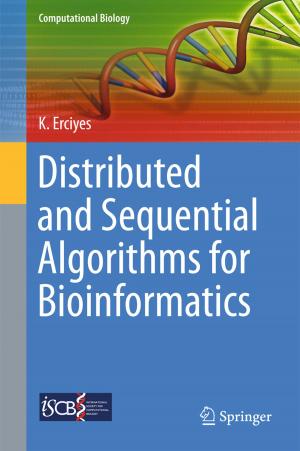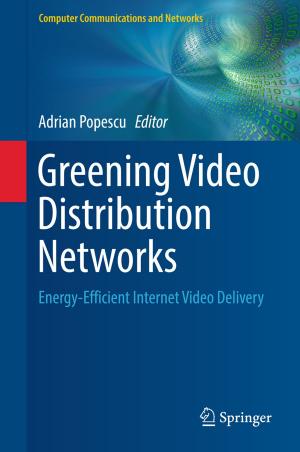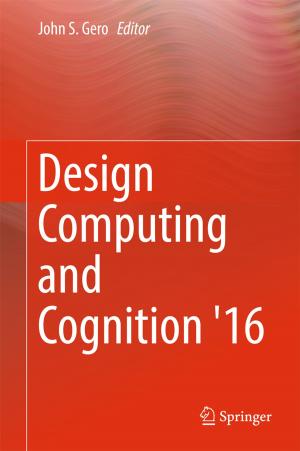Job Scheduling Strategies for Parallel Processing
19th and 20th International Workshops, JSSPP 2015, Hyderabad, India, May 26, 2015 and JSSPP 2016, Chicago, IL, USA, May 27, 2016, Revised Selected Papers
Nonfiction, Computers, Networking & Communications, Hardware, Programming, Software Development, General Computing| Author: | ISBN: | 9783319617565 | |
| Publisher: | Springer International Publishing | Publication: | July 11, 2017 |
| Imprint: | Springer | Language: | English |
| Author: | |
| ISBN: | 9783319617565 |
| Publisher: | Springer International Publishing |
| Publication: | July 11, 2017 |
| Imprint: | Springer |
| Language: | English |
This book constitutes the thoroughly refereed post-conference proceedings of the 19th and 20th International Workshop on Job Scheduling Strategies for Parallel Processing, JSSPP 2015 and 2016, held respectively in Hyderabad, India, on May 26, 2015 and in Chicago, IL, USA, on May 27, 2016. The 14 revised full papers presented (7 papers in 2015 and 7 papers in 2016) were carefully reviewed and selected from 28 submissions (14 in 2015 and 14 in 2016).
The papers cover the following topics: parallel scheduling raising challenges multiple levels of abstractions; node level parallelism; minimization of energy consumption in task migration within a many-core chip; task replication in real-time scheduling context; data-driven approach to schedule GPU load; the use of lock-free data structures in OS scheduler; the influence between user behaviour (think time, more precisely) and parallel scheduling; Evalix, a predictor for job resource consumption; sophisticated and realistic simulation; space-filling curves leading to better scheduling of large-scale computers; discussion of real-life production experiences.
This book constitutes the thoroughly refereed post-conference proceedings of the 19th and 20th International Workshop on Job Scheduling Strategies for Parallel Processing, JSSPP 2015 and 2016, held respectively in Hyderabad, India, on May 26, 2015 and in Chicago, IL, USA, on May 27, 2016. The 14 revised full papers presented (7 papers in 2015 and 7 papers in 2016) were carefully reviewed and selected from 28 submissions (14 in 2015 and 14 in 2016).
The papers cover the following topics: parallel scheduling raising challenges multiple levels of abstractions; node level parallelism; minimization of energy consumption in task migration within a many-core chip; task replication in real-time scheduling context; data-driven approach to schedule GPU load; the use of lock-free data structures in OS scheduler; the influence between user behaviour (think time, more precisely) and parallel scheduling; Evalix, a predictor for job resource consumption; sophisticated and realistic simulation; space-filling curves leading to better scheduling of large-scale computers; discussion of real-life production experiences.















